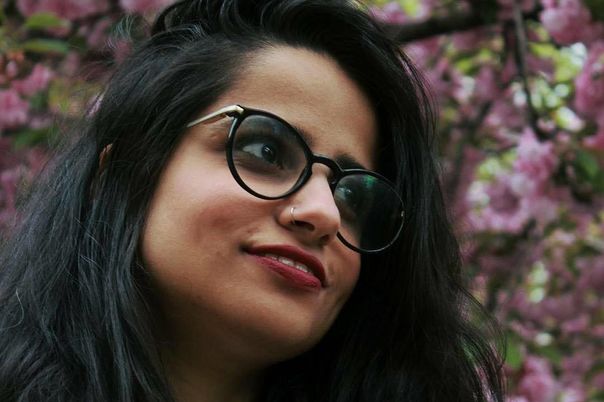Cinema and Criticism in Egypt: On Restrictive Binaries and Seeking the Space Beyond
By Yasmine Zohdi

Yasmine Zohdi
It is a recurrent question in Egyptian film circles whether the lack of serious film criticism has contributed to the decline of the Egyptian film industry in recent years, or if it is actually the other way round: there is no serious film criticism because serious films with which one can meaningfully engage are few and far between. I disagree with both hypotheses, but the two facts remain: the industry is in a rough spot, and so is the state of film criticism.
Current Egyptian productions are mostly placed (not always accurately) in two broad categories: mainstream productions put out by the few major production houses in the country, consumed by the masses in wide commercial releases (often irresponsibly dismissed by critics and wider intellectual circles), and ‘independent’ productions that struggle for funding, censorship permits and venues to be screened (usually praised for their quality, and celebrated in international film festivals but hardly in Egypt.) A few filmmakers have attempted to bridge the gap in recent years, creating works that – despite their flaws and often problematic premises – have garnered attention both abroad and within, maintaining a fair degree of cinematic quality and at the same time managing to secure commercial releases and carving a name for themselves in the mainstream, including Amr Salama (SHEIKH JACKSON, TIFF 2017), Mohamed Diab (CLASH, Cannes 2016) and Kamla Abu Zekry (A DAY FOR WOMEN, BFI London Film Festival 2016).
Film criticism, meanwhile, is itself similarly divided: On one hand, there are the traditional reviews published in the daily papers and news websites, which are often reduced to a recap of the film’s events with no regards to spoilers, sometimes alluding to technical aspects without at all tying them to the content, and failing to contextualize the work within the country’s larger, evolving film scene. On the other hand, we have in-depth essays published in a few niche (mostly digital) outlets, that – despite their significance – are poorly disseminated, largely due to their employment of a complicated, almost academic and often opaque language, which prevents the majority of moviegoers and film lovers from relating to them. There are some exceptions that have found a way out of this unfortunate binary, but a big portion of them is in English (a language many educated Egyptians favour writing in), which easily cuts readership to less than half.
What I try to seek, as a culture writer and film critic, is a space beyond superficial reviews and obscure essays, where films can be savoured and analysed in a way that is equal parts sophisticated and accessible, where a work can be dissected in its own unique logic as an artistic whole, but also as a cultural product in a wider context: that of the filmmaker’s œuvre, as well as the broader creative (but also social and political) environment in which it was created, and where subjectivity is essential, but one’s personal preferences do not get in the way of their integrity. I also believe I have a responsibility to treat the films I write about with humility, and to engage with all cinematic works produced, without rendering some non-existent for their subpar quality (even when it is indeed subpar, which is often the case). Lastly, I hope I can continue on the quest for a fresh critical language: in Arabic, because Egyptian critics owe their audience a real, vibrant conversation about the country’s film scene that they can be a part of, and in English, because we also owe it to the world to present an honest, comprehensive picture of an industry that is ailing, but that is also ripe with potential.

